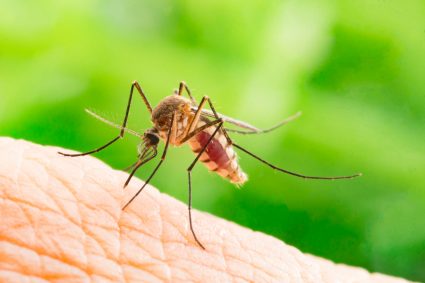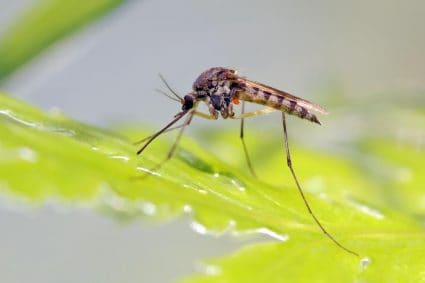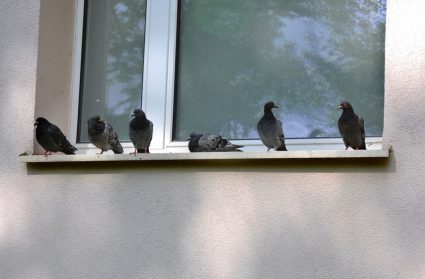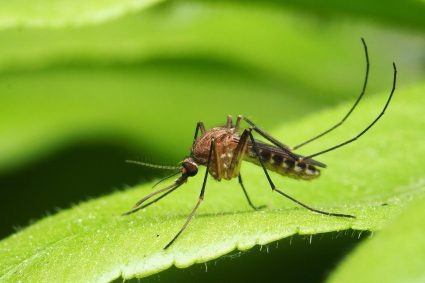
Magpies are intelligent and adaptable birds, known for their striking black and white plumage and their often bold behavior. While they are fascinating creatures, their presence can sometimes cause problems for homeowners and gardeners. In this comprehensive guide, we will explore various methods to keep magpies away, the role they play in the ecosystem, and why it’s important to approach their removal humanely.
To keep magpies away, use a combination of deterrents like reflective objects, scarecrow balloons, distress calls, and special bird feeders. Also, remove sources of food and water from your garden. Avoid common mistakes such as relying solely on visual deterrents and not addressing the root cause, like availability of food. It’s important to approach magpie deterrence humanely, as they play essential roles in the ecosystem. In case of a serious magpie problem, consider contacting a professional wildlife removal company.
Understanding Magpies
Before we delve into methods of keeping magpies away, it’s essential to understand why they are attracted to certain areas. Magpies prefer habitats that combine woods or thickets for nesting, water for drinking and bathing, and open areas for feeding. They have adapted well to human presence, often establishing territories near human settlements. They are also attracted to food sources such as insects, small rodents, and carrion. Social behavior also plays a part, with magpies forming loose flocks throughout the year.
Effective Methods to Deter Magpies
Deterrence is the most humane and often the most effective way to keep magpies at bay. Here are some strategies you can employ:
Use Reflective Objects
Magpies dislike the way light reflects from surfaces like half-full plastic bottles or CDs. Hang these items in trees to scare them away. Reflective scare rods are also available in the market that serve the same purpose.
Install Scarecrow Balloons
Products like the GuardnEyes scarecrow balloon are designed to deter magpies. They mimic the glaring eyes of predators, making magpies feel threatened and insecure.
Play Distress Calls
Playing a tape of crow or rook distress calls may deter magpies. However, be aware that this could also disturb other birds. There are various products available that play these calls automatically.
Use Special Bird Feeders
Bird feeders designed for smaller birds can help deter magpies, as they are unable to access the food. This allows you to continue feeding smaller birds while keeping magpies away.
Remove Sources of Food and Water
Eliminate bird baths and other water sources, and cover fruit trees and other plants with bird netting to prevent magpies from feeding in your garden.
Install Decoys and Reflective Objects
Decoys, such as fake owls or hawks, can be placed around your property to scare magpies away. Reflective objects like old CDs or aluminum foil can also be used.
Remember to use a combination of these methods for the best results. Magpies are intelligent birds and may quickly adapt if only one deterrent is used.
Common Mistakes to Avoid
When trying to deter magpies, people often make a few common mistakes:
- Relying solely on visual deterrents
- Not addressing the root cause (availability of food)
- Not considering the impact on other wildlife
- Expecting immediate results
Understanding these mistakes can help you create a more effective strategy to keep magpies away.
The Importance of Humane Deterrence
Magpies play several important roles in the ecosystem, such as controlling insect populations and providing natural pest management. Hence, it’s essential to approach their removal humanely. Indiscriminate removal of magpies can disrupt the balance of the ecosystem. Plus, in many regions, magpies are protected wildlife, and hefty fines can be imposed on anyone found to be in contravention of the law.
Final Thoughts
Dealing with magpies can be challenging, but with the right approach, it’s possible to keep them at bay. Remember, the goal is not to harm the birds but to encourage them to move elsewhere. By using a combination of the methods suggested above, you can effectively deter magpies from your property.
If you have a serious magpie problem, it may be best to contact a professional wildlife removal company. They can help ensure the birds are dealt with humanely and in accordance with local wildlife laws.
Frequently Asked Questions
What time of year are magpies most likely to be a problem?
Magpies are most likely to be a problem during the spring and summer months when they are breeding and raising their young. During this time, they are more likely to be protective of their nests and may be more aggressive.
Can I use any type of sound to deter magpies?
While it’s true that certain sounds can deter magpies, it’s recommended to use specific distress calls of crows or rooks. Random loud noises may not be effective and can disturb other wildlife or your neighbors.
Will magpies return if I remove the deterrents?
Yes, magpies are very adaptable and intelligent. If the deterrents are removed and the area still provides a good source of food and shelter, they are likely to return.
Are magpies aggressive?
Generally, magpies are not aggressive. However, during the nesting season, they may exhibit protective behavior if they perceive a threat to their young. It’s best to keep a respectful distance during this time.
Are there any natural predators of magpies that can help keep their numbers in check?
Natural predators of magpies include large birds of prey like hawks and owls. However, it’s not recommended to rely solely on natural predation to control magpie populations, as this can disrupt the balance of the ecosystem. Human intervention methods, like the ones mentioned in this article, are often necessary.












